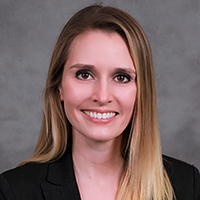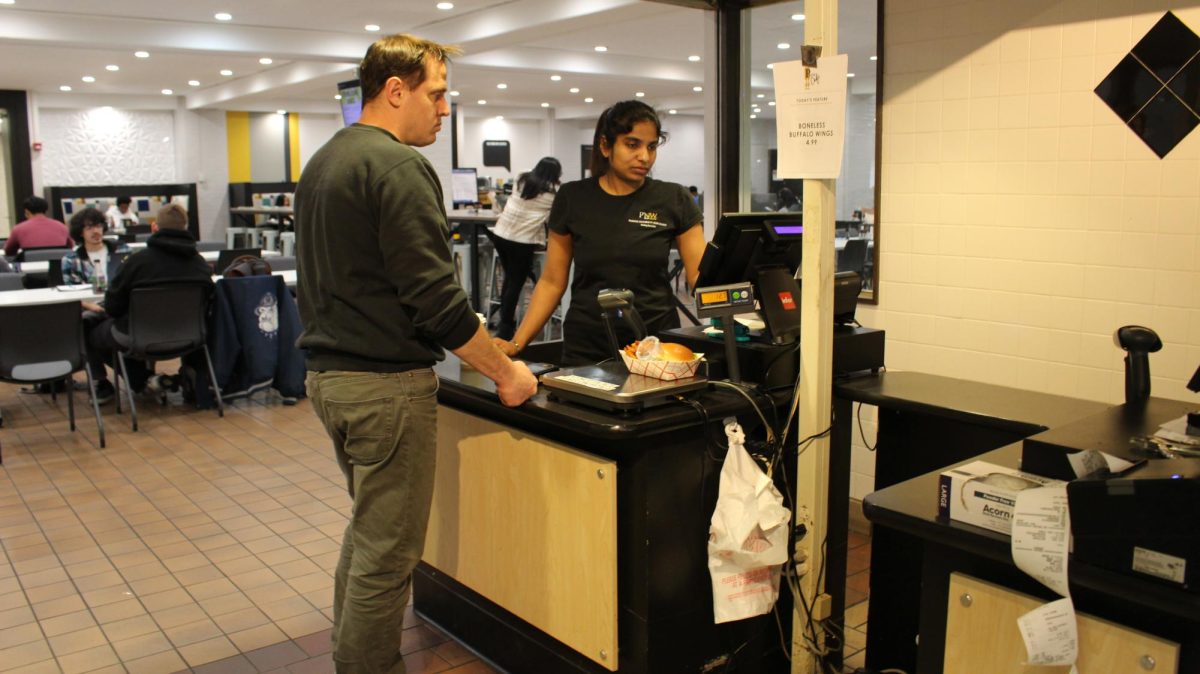Students live on social media, but many support a nationwide lawsuit alleging that Meta, which owns Facebook and Instagram, harms young users.
The 233-page lawsuit was filed against Meta on October 24th by 41 states and the District of Columbia. They charge the company engaged in a “scheme to exploit young users for profit” by misleading them about safety features. The suit also alleges that Meta hurt young users with the prevalence of harmful content on its platforms, by harvesting user data and violating federal laws on children’s privacy.
“I think the government does have the right to take Meta to court because it is Meta’s responsibility to filter the content on their sites,” said Erik Thompson, a senior Engineering major. “If they aren’t properly doing this, then they are liable for the damage it causes to people.”
Isaiah Barczak, a senior Psychology major, thinks Meta platforms can be bad for kids.
“I think it can mislead children because they do not know how to detect false information as well as adults,” he said. “[It] affects children a lot, which … could lead them to getting into trouble.”
Gabby Perry, a sophomore studying Hospitality, agrees that social media can damage people’s minds.
“It can mess up mental health,” she said. “When kids are growing up they won’t know how to regulate their emotions.”
Perry said that social media can alter people’s perceptions of reality.
“Some young girls … deal with body phobia,” she said. “It does damage kids’ perception of life.”
Toqa Hassan, assistant professor of Digital Media, who researches its impact on children and families, said she believes the lawsuit is justified.
“As we have regulated movies, TV shows, and video games, I think the solution is to regulate all the apps Meta uses,” she said. “There should be boundaries between what children are exposed to and what adults are exposed to.”
“These two groups should not have easy access to each other’s content as this poses a threat to our children’s and adolescents’ well-being,” Hassan said. “We need to regulate all social media platforms to ensure that young children are safe from harmful interactions online.”
The effect of Meta’s products on young people was highlighted when former Facebook employee Frances Haugen testified before Congress in 2021.
“I am here today because I believe that Facebook’s products harm children, stoke division, weaken our democracy, and much more,” she testified. “The company’s leadership knows ways to make Facebook and Instagram safer and won’t make the necessary changes because they have put their immense profits before people. Congressional action is needed. They cannot solve this crisis without your help.”
So, what would it take to get students off social media?
“A lot, honestly,” said Barczak. “I get a lot of my news from Instagram. It is also a great outlet to connect with people. You would have to pay me a decent amount of money to stop using it.”
Leonard Powell and Katelyn Wiening contributed to this story.



